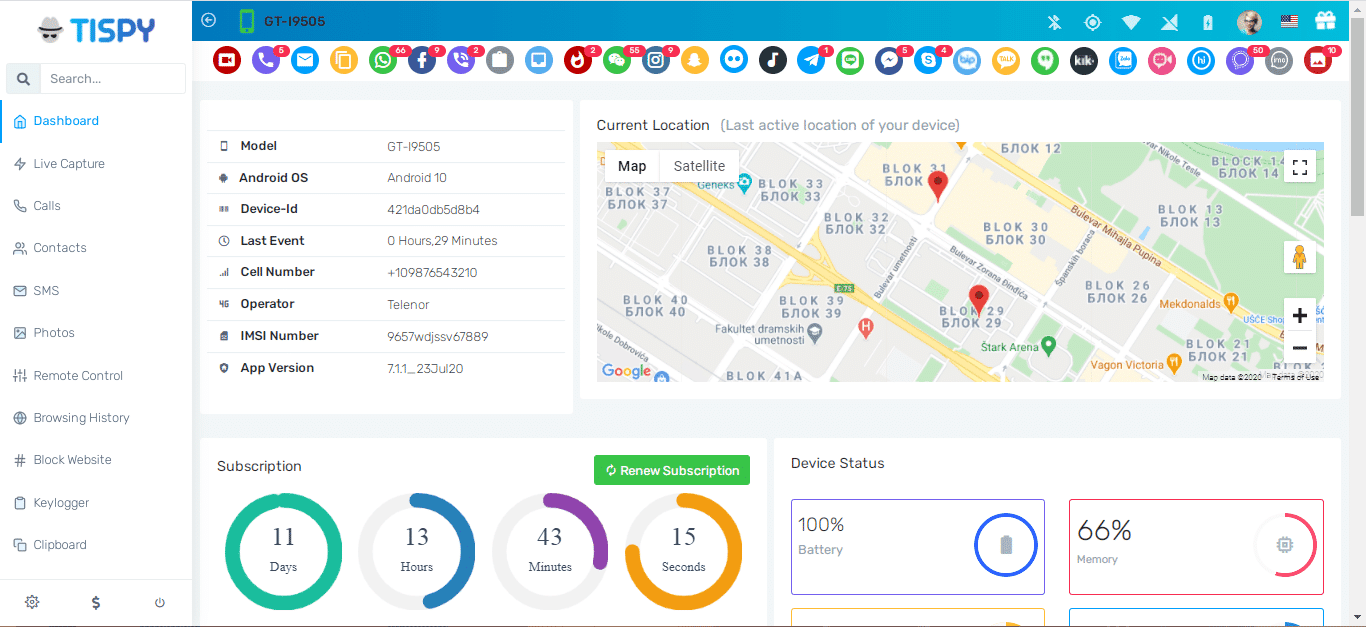
Digital detox is gaining popularity in the recent times to keep the amount of screen time in check. Digital detox refers to voluntarily refraining oneself from using digital devices such as computers, smartphones and social media platforms for a particular period of time. Today, children even as young as 1-year old are being handed smartphones and tablets as these screens tend to act as pacifiers for them. However, excessive use of screens can have a variety of negative effects on the health and wellbeing of children of all ages from deterioration of social skills to problems in concentrating. Due to this, the need for Digital detox is at an all-time high.
- Using screens late in the night can prevent the release of melatonin – the sleep hormone. Getting enough sleep at night is necessary to feel alert and tackle the next day at school with full concentration. Lack of sleep is also linked with an increased risk of obesity in kids.
- Overuse of screen can have a negative impact on the kids’ school work. Not only this, it also tends to make kids less interested in hobbies and extra-curricular activities, thus impacting their overall development.
- Spending too much time on tablets and smartphones instead of interacting with friends and other people tends to diminish the social skills of children.
- Excessive use of social media platforms has been linked to a variety of mental health issues in children and young adults. Social media apps such as Instagram have evoked a culture of comparison where children feel anxious and inadequate about their looks and lifestyle.
Let’s be honest, asking the kids to avoid screens altogether is not practical. In fact, a research conducted by University of Oxford suggest that using digital devices moderately actually has a positive impact of the lives of teenagers by boosting their communication skills, creativity and overall development. Digital detox for children involves finding a healthy balance of using digital devices and encouraging them to take break from screens regularly. Here are a few tips that you can use to help your kids unplug and give them some phone-free family time.
Create Physical Boundaries for Phone Use Set up boundaries for phone-free spaces where the children are not allowed to use phones. This can include the dinner table so you can have healthy family conversations and discussions, or the bedroom, so that they get good sleep. Lead by Example You cannot expect your kids to give up their screen time if you are not willing to do so yourself. If you want your kids to perform a digital detox, the entire family will have to commit to it together. Organize activities that aren’t screen-oriented There are a number of activities that you can involve your children as an alternative to screen time which will also ensure that they don’t miss out on fun childhood games and activities. Take them to explore farms, go for picnics, built a vegetable patch or walk the dog. Set up family quiz tournament or game nights. Involve them in your cooking chores or encourage them to get active like going for swimming, cycling or running. Use Parental Control Apps

Some children are able to understand why they need to limit their screen time but other kids right out refuse to accept it. For such notorious kids, the best way to go is to use parental control apps. TiSPY can help parents limit their child’s phone or tablet usage. Using TiSPY, not only can you decide which tools and apps be used by the children but also set the amount of time for which these apps would work. You can also disable calls and sms as well as block all wireless signals to ensure that your kids only go online when they are allowed to do so.
Encourage your kids to perform digital detox whenever possible by involving them in hobbies, family activities and outdoor play. But if everything else fails, try installing parental control apps on their digital devices to give them some much needed break from the screens.



